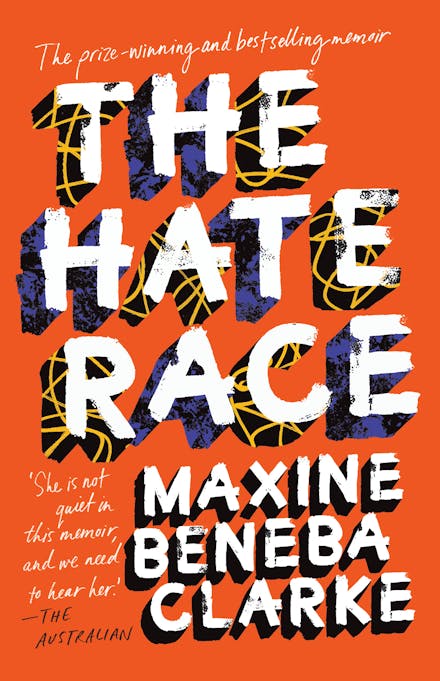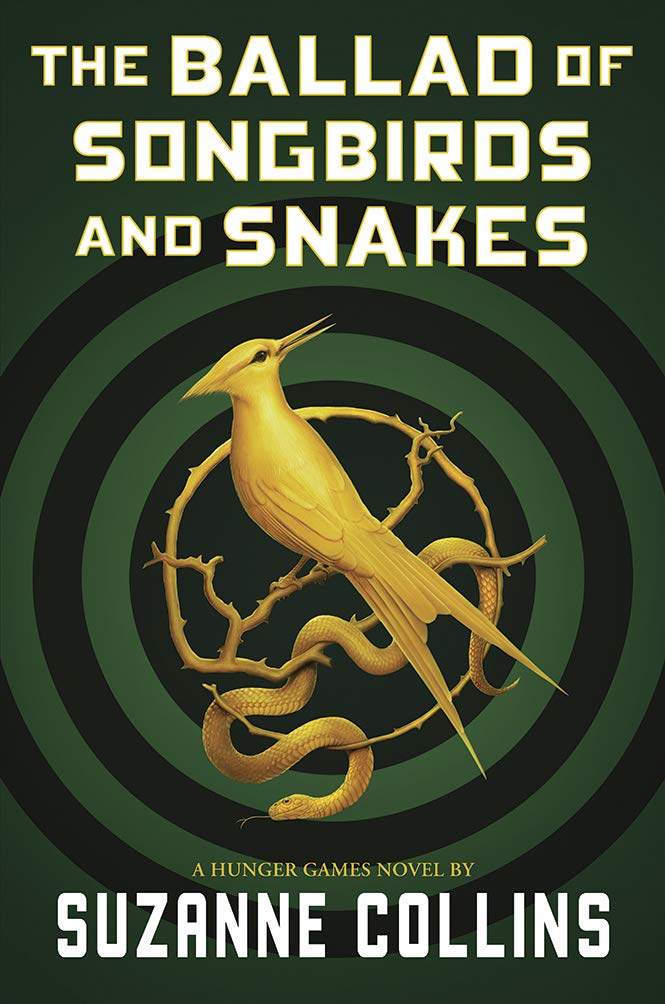If you’re a Dostoevskian existentialist, an armchair philosopher, or just interested in international indie writing, 125 Rus is for you. Just don’t forget yourself reading it!
A review of The Hate Race by Maxine Beneba Clarke
 From the day of early childhood to the teenage years, Clarke consistently takes moments of her life, interrogates them, and gives them a certain form of literary justice. I wouldn’t say a poetic justice, because Clarke isn’t trying to write poetically. She is giving a record of what it means to be born as a foreigner in your own country, and the existential challenges which come throughout.
From the day of early childhood to the teenage years, Clarke consistently takes moments of her life, interrogates them, and gives them a certain form of literary justice. I wouldn’t say a poetic justice, because Clarke isn’t trying to write poetically. She is giving a record of what it means to be born as a foreigner in your own country, and the existential challenges which come throughout.
A review of No Spider Harmed in the Making of this Book Edited by Cherry Potts
 Editor Cherry Potts created a masterful work of art with this anthology, intricately combining poetry, short stories and flash fiction that spans a variety of themes. In all of the works, the writing is accessible, yet beautiful. The otherworldliness of spiders brings about bewitching language in almost all of the entries.
Editor Cherry Potts created a masterful work of art with this anthology, intricately combining poetry, short stories and flash fiction that spans a variety of themes. In all of the works, the writing is accessible, yet beautiful. The otherworldliness of spiders brings about bewitching language in almost all of the entries.
An interview with Amanda Jeffery
 The author of The Fourth Year Spell talks about her new book, why she wrote it, inspiration and influences, challenges and tips for new writers, and lots more.
The author of The Fourth Year Spell talks about her new book, why she wrote it, inspiration and influences, challenges and tips for new writers, and lots more.
A review of Fangirl by Rainbow Rowell
 Fangirl highlights the dynamics of relationships between characters as the book progresses and these connections with others are influential in the overall plot of the book. Both family and love are major themes and the way in which Rainbow Rowell has written this is beautiful.
Fangirl highlights the dynamics of relationships between characters as the book progresses and these connections with others are influential in the overall plot of the book. Both family and love are major themes and the way in which Rainbow Rowell has written this is beautiful.
A review of The Ballad Of Songbirds And Snakes by Suzanne Collins
 Readers of The Hunger Games will remember notorious ruler President Snow, bent on what feels like a personal vendetta against the lower class districts and their citizens. This new look on 18-year-old Coriolanus implores readers to see reasonable intentions and views going through his head.
Readers of The Hunger Games will remember notorious ruler President Snow, bent on what feels like a personal vendetta against the lower class districts and their citizens. This new look on 18-year-old Coriolanus implores readers to see reasonable intentions and views going through his head.
A review of Black Rabbit by Angus Gaunt
 There are multiple ways to read Black Rabbit, and the reader is invited to take part in the meaning making in a way that is very open. You can imagine Maurice’s arc in multiple ways. However you choose to interpret it, Black Rabbit is a terrific read, full of unpredictable twists, well-drawn characters and an unforgettable narrative.
There are multiple ways to read Black Rabbit, and the reader is invited to take part in the meaning making in a way that is very open. You can imagine Maurice’s arc in multiple ways. However you choose to interpret it, Black Rabbit is a terrific read, full of unpredictable twists, well-drawn characters and an unforgettable narrative.
A review of Catastroika by Charles Rammelkamp
 If you, my reader, like history and poetry you will love Catastroika, a fascinating book in which the poet, in narrative form, covers a century on Russian history from the point of view of two characters: Maria Rasputin, the daughter of the much maligned Russian spiritualist Rasputin and Alexander Federmesser, a Jewish man who goes by the name of Sasha.
If you, my reader, like history and poetry you will love Catastroika, a fascinating book in which the poet, in narrative form, covers a century on Russian history from the point of view of two characters: Maria Rasputin, the daughter of the much maligned Russian spiritualist Rasputin and Alexander Federmesser, a Jewish man who goes by the name of Sasha.
A review of Old Lovegood Girls by Gail Godwin
 Expertly, Godwin dropped hints that another story lay beneath the surface one. Similarly, the secrets in Old Lovegood Girls, revealed in enticing dribs and drabs, keep the reader intrigued. What actually transpired between Feron and the passenger on the bus when she ran away in 1958? Was it really seasonal depression that caused Merry’s mother to withdraw to her attic room in winter?
Expertly, Godwin dropped hints that another story lay beneath the surface one. Similarly, the secrets in Old Lovegood Girls, revealed in enticing dribs and drabs, keep the reader intrigued. What actually transpired between Feron and the passenger on the bus when she ran away in 1958? Was it really seasonal depression that caused Merry’s mother to withdraw to her attic room in winter?
A review of The Shaman of Turtle Valley by Clifford Garstang
 Reading Garstang’s The Shaman of Turtle Valley brought to mind two very different novels. Ill Will by Dan Chaon for the way it dissects American violence DNA. And The Border of Paradise by Esme Weijun Wang for exploring the cost of when a decent but oblivious American man brings back an Asian wife and settles down in a non-Urban environment. But Garstang’s net is cast wider with an eye to tie domestic issues with foreign policy.
Reading Garstang’s The Shaman of Turtle Valley brought to mind two very different novels. Ill Will by Dan Chaon for the way it dissects American violence DNA. And The Border of Paradise by Esme Weijun Wang for exploring the cost of when a decent but oblivious American man brings back an Asian wife and settles down in a non-Urban environment. But Garstang’s net is cast wider with an eye to tie domestic issues with foreign policy.